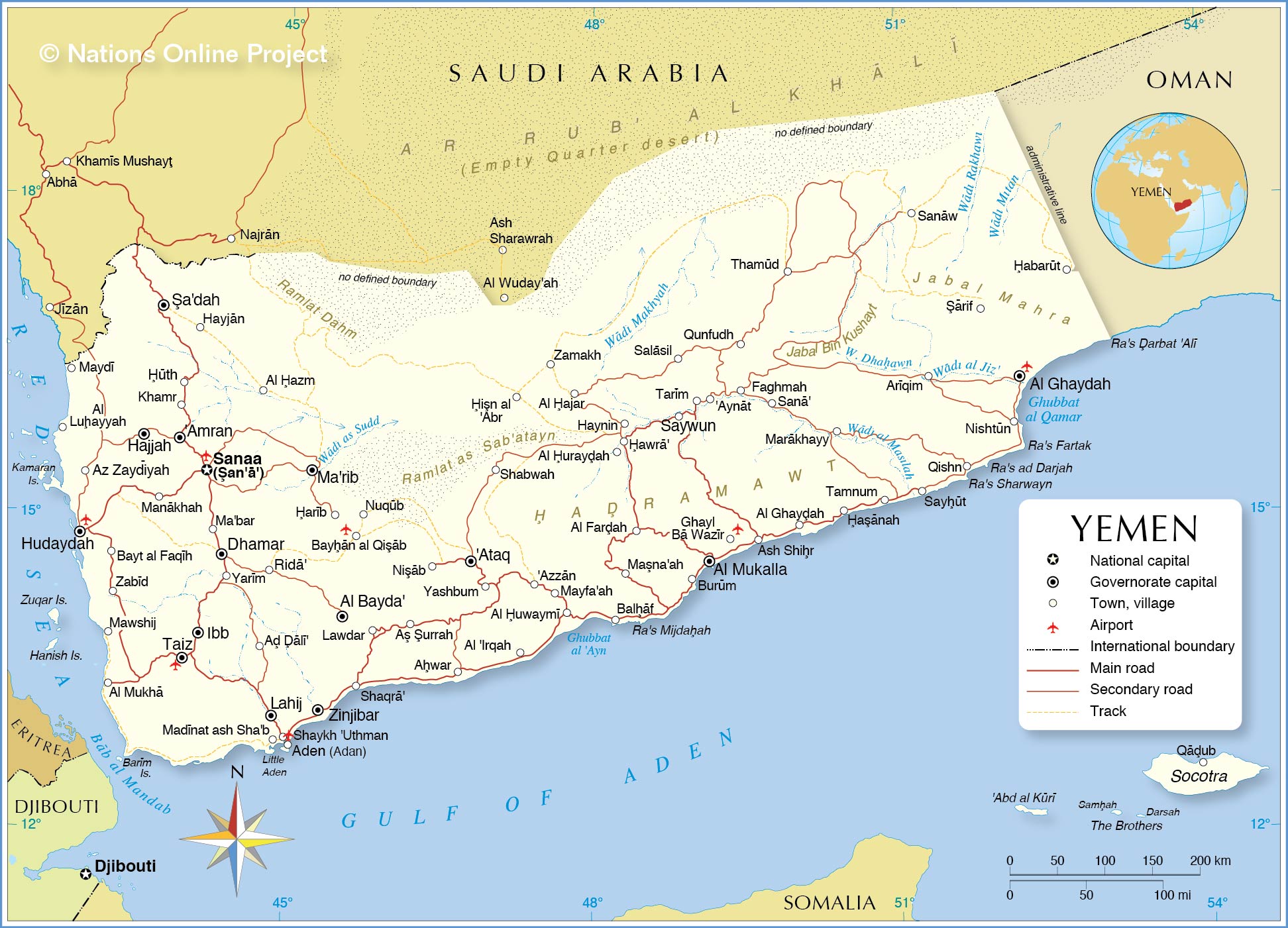
WAR AND COFFEE: THE YEMENI SPECIALTY SCENE
It’s a hard reality that the specialty coffee we drink, we work with, love, is largely produced in countries and communities perpetually in the midst of turmoil. It could be warfare, flailing economy, corrupt governments, poverty, poor infrastructure, farms under threat from changes in climate, pollution, decreasing natural pollinators, deforestation. There is so much working against people working in coffee, and yet they continue to cultivate stunning results from their labour.
Yemen is one such country.
Entering its 7th year of civil war, Yemen continues to be the world’s greatest humanitarian crisis. Almost three quarters of the population (23.4 million people) are in need of humanitarian assistance, and 6 million are internally displaced, having fled from their homes, but continuing to live in unstable conditions. Yemenis face malnutrition and food insecurity, poverty, violence, exploitation through forced labour or marriage, with little access to safe water or healthcare.
It’s out of this landscape that Yemenis continue to grow outstanding coffee, just as they have done for centuries, and what makes their already incredible coffee so much more impressive.
Coffee History in Yemen
It is one of the oldest threads in the coffee story fabric, maybe even the very second strand after its discovery in Ethiopia. While it’s known that coffee’s buzz was discovered by Ethiopian goats, the internet provides reliably vague sources saying it wasn’t until the beans came into the hands Yemeni Sufi monks who needed a lot of pep to get them through long nights of meditation, turned the buzz beans into a beverage. Monks are geniuses (having also invented spectacles, the alphabet, and forks).
The enjoyment of coffee (or at least enjoyment of the effects, i don’t imagine their roasting and brewing techniques had the same ability to get the complex floral, berry and caramel sweetness that our current methods give us. But maybe! Who am I to judge) in this form spread over the known world, but the production was militantly kept within Yemen.
Only roasted beans were to leave their borders, as it was feared if other countries got their hands on green beans they could germinate competition and threaten Yemen’s monopoly on this brown mine. In the 1600’s these fears were entirely substantiated when Brother Baba Budan (as legend has it) and his beard smuggled out green beans and propagated a prolific crop in India which then spread rapidly through the world. As did the famous Yemini proverb ‘a beard to be feared’, meaning a machiavellian in the guise of Santa Claus.*
Coffee in Yemen Now
Despite this shaggy subterfuge, Yemen’s coffee industry did not throw in the fouta. Coffee has continued to be a staple, if not major crop, continued to rise in quality. The Alliance for Coffee Excellence has partnered with farmers and produced some outstanding specialty coffee, with one scoring 92.5 points and fetching $438.90 per kilo at auction.
It’s this kind of quality, exposure to a wider audience, and support we hope to see grow in Yemen. As Faris Sheibani, founder of Qima Coffee puts it, “this is about so much more than a coffee auction. It is about the potential of coffee to change lives in one of the world’s most difficult environments.”
As the specialty coffee industry gains traction, we all hope it could carve out a relatively stable space from such dire conditions. Farmers could potentially produce crops on land away from skirmishes and warfare, and provide opportunities to provide for their families, the economy and culture for generations to come.
*It doesn’t mean that at all. Nor does the proverb exist. I made it up.
References
https://www.unrefugees.org/news/yemen-crisis-explained/
https://www.theguardian.com/world/2020/feb/14/from-khat-to-coffee-revitalising-an-age-old-yemeni-crop
Be The first to know about new digs.

